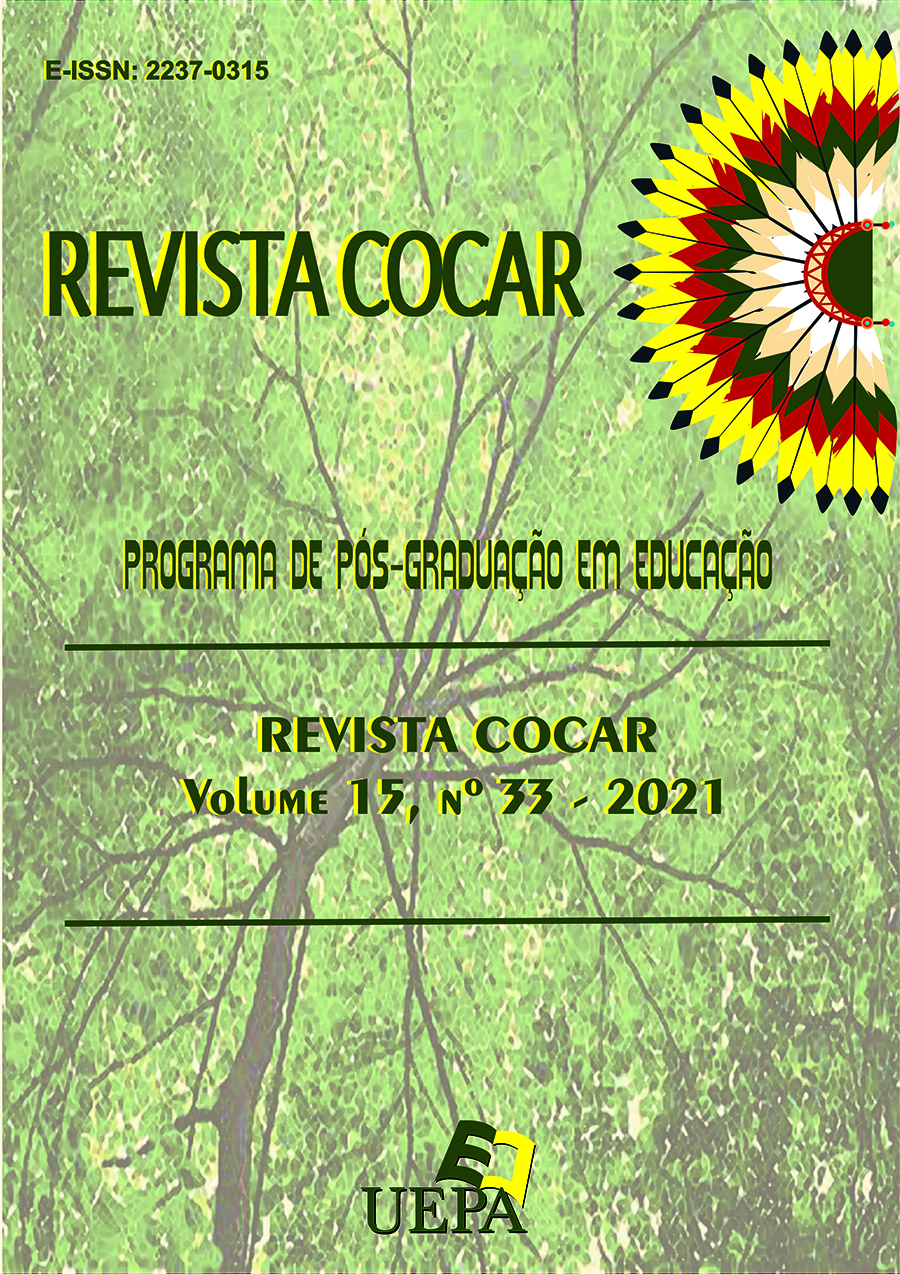Matemática dos anos iniciais do ensino fundamental: currículo e avaliação
Mathematics in the early years of elementary school: curriculum and assessment
Resumo
Resumo
Nesse artigo apresentamos a Base Nacional Comum Curricular-BNCC que tem por finalidade a melhoria na qualidade da Educação Básica, após ser promulgada em dezembro de 2017. Dialogamos com a Resolução do Conselho Nacional de Educação-CNE/CP n.º 2, de 22 de dezembro de 2017, sobre sua implantação nas redes de ensino públicas e particulares, como diretriz a ser respeitada obrigatoriamente ao longo das etapas e respectivas modalidades no âmbito da Educação Básica (BRASIL, 2017). Objetivamos analisar as implicações dos objetos do conhecimento matemático, especificamente do 5.º ano, e as implicações para: o currículo escolar; a avaliação externa; e, a formação do professor que atua nessa etapa da educação básica. Esta pesquisa tema a abordagem qualitativa, de natureza exploratória do tipo descritiva. Nossas análises apontam que a obrigatoriedade da BNCC não garante melhorias nos processos de ensino e aprendizagem, e consequentemente não garante a qualidade nas práticas pedagógicas em sala de aula sem uma sólida formação docente. Consideramos, portanto, que essas reflexões sejam realizadas juntos aos professores em seus lócus de trabalho, e propomos nesse sentido, a importância de reforçar a formação (inicial e continuada), aproximando o professor das reformas curriculares, e revelando seu papel de elaborador do currículo.
Palavras-chave: BNCC; Avaliação; Currículo; Formação; Matemática.
AbstractIn this article we present the Common Base National Curriculum-BNCC which aims to improve the quality of Basic Education, after being enacted in December 2017. We dialogue with the Resolution of the National Education Council-CNE / CP no. 2, of 22 December 2017 on its implementation in public and private education networks, as a guideline to be respected throughout the stages and respective modalities within the scope of Basic Education (BRASIL, 2017). We aim to analyze the implications of the objects of mathematical knowledge, specifically of the 5th year, and the implications for: the school curriculum; external evaluation; and, the formation of the teacher who works in this stage of basic education. This research has a qualitative, exploratory, descriptive approach. Our analyzes show that the mandatory BNCC does not guarantee improvements in the teaching and learning processes, and consequently does not guarantee the quality of pedagogical practices in the classroom, without solid teacher training. Therefore, we consider that these reflections are carried out together with teachers in their place of work, and we propose in this sense, the importance of reinforcing training (initial and continuing), bringing the teacher closer to curriculum reforms, and revealing his role as a curriculum designer.Keywords: BNCC; Assessment; Resume; Training; math.
Downloads
Downloads
Publicado
- Visualizações do Artigo 584
- pdf downloads: 358























